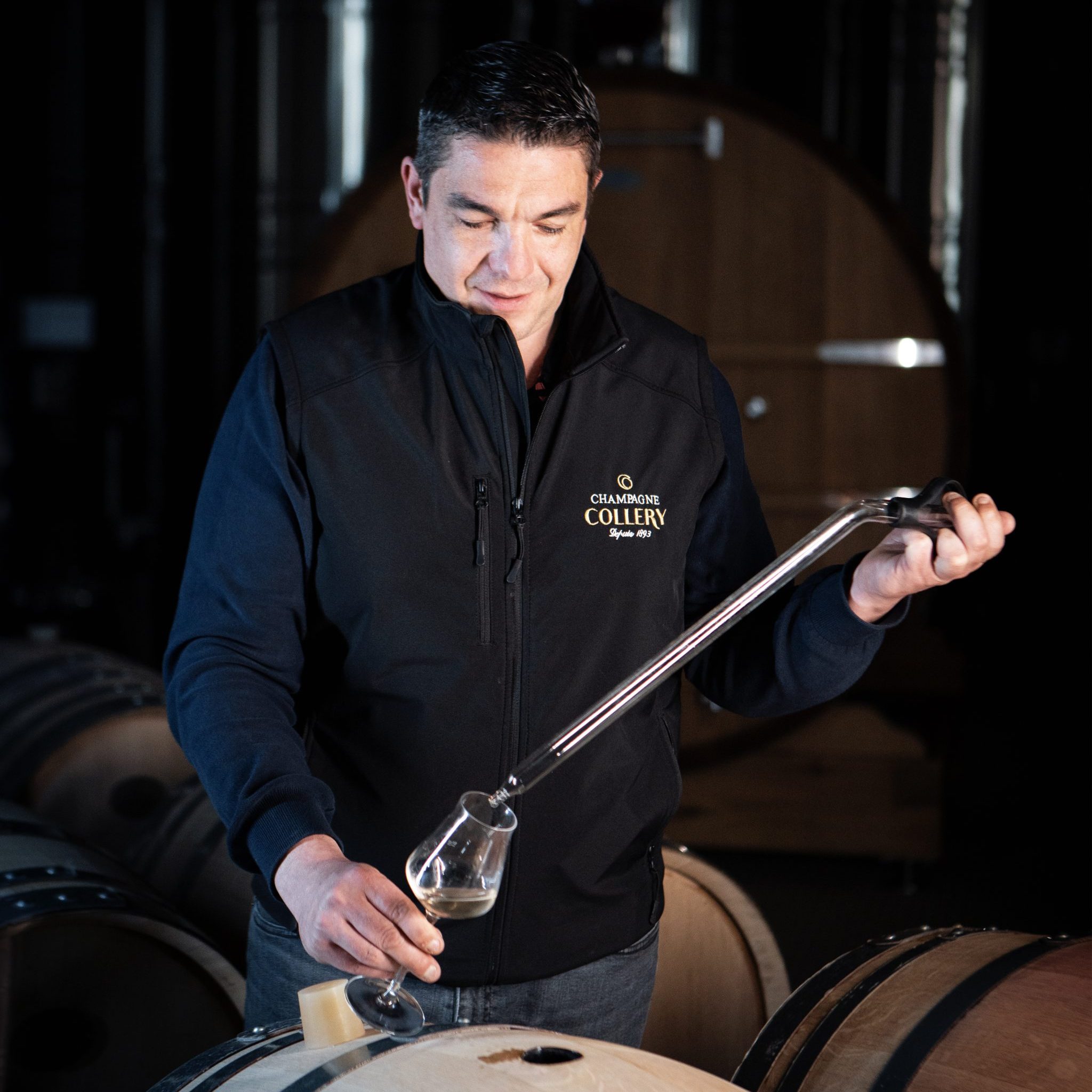The biggest drinks acquisitions of 2024
By Sarah NeishA year of buying and selling has changed the face of the global drinks trade. We’ve rounded up the most headline-grabbing acquisitions here.

Accolade acquires Pernod Ricard wine brands
The industry was alive with chatter when AWL, parent company of Australian wine giant Accolade, revealed in July that it intended to buy Pernod Ricard’s Australian, New Zealand and Spanish wine businesses.
Included in the sale are Pernod’s wine brands Jacob’s Creek, Orlando, St Hugo, Stoneleigh, Brancott Estate, Church Road, Campo Viejo, Ysios, Tarsus and Azpilicueta, along with seven wineries.
The move, AWL said, will provide “a more efficient global wine business with a diversified portfolio of highly complementary old and new world wine labels”.
It claimed the merger would enable “a more certain and financially sustainable future for the business”, allowing AWL to better serve its customers “in more segments and more geographies.”
Since then the acquisition has marched on apace. In October, the Australian competition authority approved the sale, paving the way for the combined global business.
The deal is expected to go through in spring 2025.
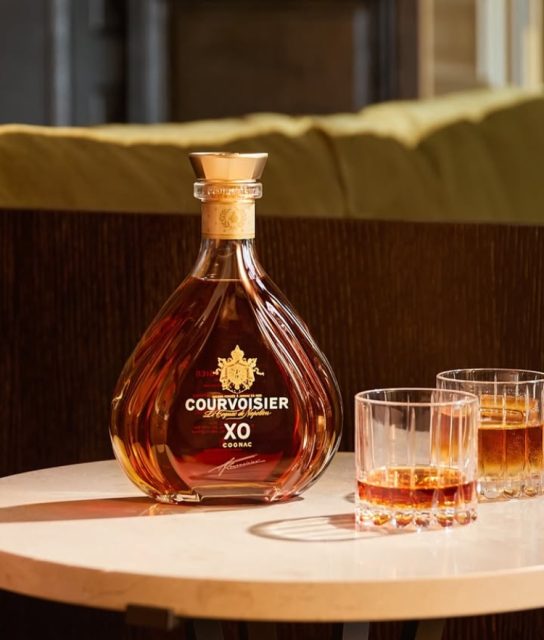
Campari acquires Courvoisier
In April, Campari Group completed its acquisition of Beam Holdings France, which owns the Courvoisier brand.
Campari first signed an agreement to buy the Cognac brand on 26 February in a deal thought to be worth around US$1.17 billion (around £933 million).
In order to fund the deal, Campari Group offloaded shares and debt, with outgoing chief executive Bob Kunze-Concewitz calling it a “once in a lifetime opportunity” when he announced the planned acquisition.
Kunze-Concewitz also revealed that Courvoisier was expected to make up 8% of the group’s total sales in the future.
However, the move was somewhat soured by the announcement from China in August that it was launching an anti-dumping investigation into EU brandy. Subsequently, tariffs of around 34.8% were slapped on EU-made wine-based spirits (brandy and Cognac) imported into China.
In November, the EU retaliated by formally referring the provisional anti-dumping measures to the World Trade Organisation.
France’s trade ministry said it would work with the European Commission to challenge Beijing’s tariffs.
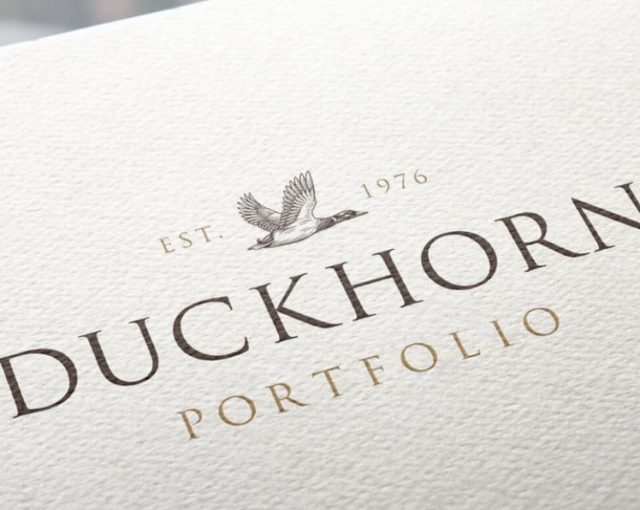
Butterfly Equity acquires The Duckhorn Portfolio
In October, LA-based private equity firm Butterfly announced it was buying Napa Valley’s famed Duckhorn Portfolio in an all-cash transaction valued at US$1.95 billion.
The deal includes Duckhorn brands Decoy, Sonoma-Cutrer, Kosta Browne and Duckhorn Vineyards, and will see Butterfly take a firmer standing in the food and beverage industry, in which it specialises. Sonoma-Cutrer, known for its top-end Chardonnay, was purchased by Duckhorn just a year earlier, in November 2023, for US$400 million.
Wine is a bit of a departure for Butterfly which typically invests in ‘seed-to-fork’ American businesses including Milk Specialties Global, Chosen Foods, MaryRuth Organics, Orgain, Bolthouse Fresh Foods and QDOBA, among others.
“Butterfly brings a proven track record of strengthening its portfolio companies while helping them advance their long-term strategic objectives,” said Deirdre Mahlan, Duckhorn president, CEO and chairperson.
“Through our partnership with Butterfly, we expect The Duckhorn Portfolio will have enhanced resources to build on our strong foundation and to further scale our operations.”
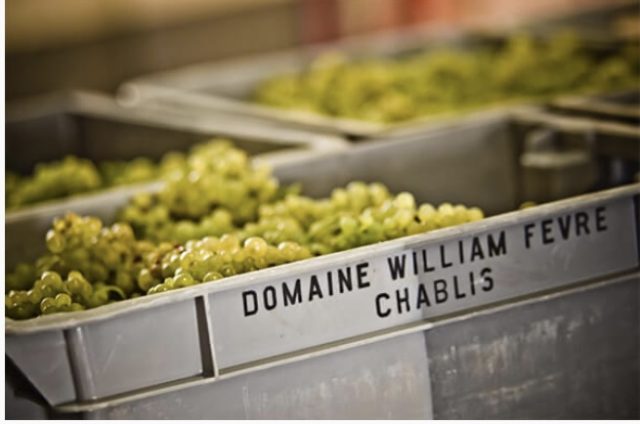
Domaines Barons de Rothschild (Lafite) acquires William Fèvre
The step to buy William Fèvre from Domaine Artémis was notable for two reasons. Firstly, it marks Barons de Rothschild’s first foray into Burgundy. And secondly, the step would suggest that DBR plans to focus more on white wines than red for the future. William Fèvre is best-known for its Chablis expressions.
DBR was also willing to dig deep for the property, with financial filings suggesting that it paid US$99 million in the deal, according to Bloomberg.
Announced in January, the acquisition followed many months of rumours about DBR showing interest in the estate.
“The spirit of the place and the team, rooted in the vineyards they tend, as well as their precise approach to organic and environmentally concerned viticulture, and their minimal intervention approach in the cellar, are all values which align perfectly with our long term outlook,” said Saskia de Rothschild in a statement.
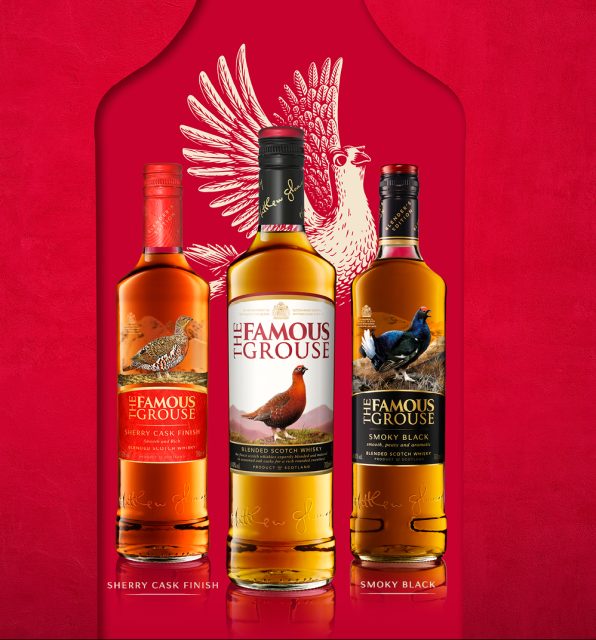
William Grant & Sons acquires The Famous Grouse
Edrington has agreed to sell the household-name blended whisky brand to William Grant, subject to regulatory approval, announcing the decision in September. Edrington CEO Scott McCroskie said it was not only about offloading the brand, but stepping away from an entire category.
“We consider this to be the right moment for Edrington to exit the blended Scotch category,” he said.
Much of Edrington’s focus will now be on its top single malt whisky brand The Macallan, and the company has invested strongly in securing its future growth. One clear example of this is Edrington’s acquisition of a 50% stake in Grupo Estévez in Jerez, Spain, to guarantee supply of Sherry with which to season The Macallan’s signature oak casks.
As well as the original The Famous Grouse, the range also includes Smoky Black; Sherry Cask Finish and Ruby Cask, as well as The Famous One. All are produced in Glasgow, Scotland, and the Grouse itself, which is at the heart of the brand’s marketing campaigns, is affectionately named Gilbert.
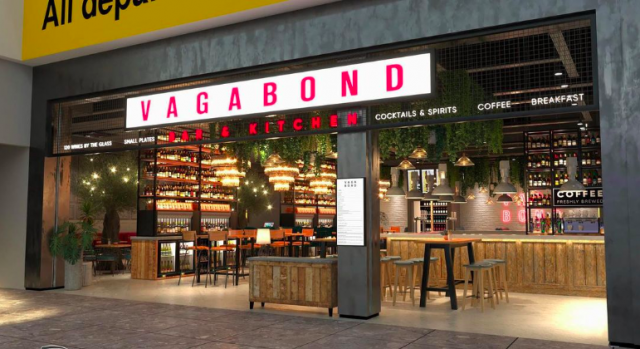
Majestic acquires Vagabond Wines
UK specialist retailer Majestic Wine confirmed in April that it had purchased the Vagabond self-pour wine chain out of administration. The sale included nine Vagabond bars, excluding the “underperforming” Canary Wharf branch and two airport arms.
Majestic said it plans to invest in Vagabond’s expansion and long-term growth, and build on its existing customer base, with the aim of engaging “with a younger demographic of wine consumers”.
It will also allow the drinks specialist to enhance its own B2B business, Majestic Commercial, which is focused on the on-trade and has become an increasing focus for the business in recent years.
“The combination of the two businesses presents exciting new opportunities for us to grow our customer base, take the Majestic brand to a younger audience and further elevate Vagabond’s product proposition by working alongside our fast-growing on-trade supply division, Majestic Commercial,” said CEO John Colley.
The sale to Majestic did not include Vagabond’s two Gatwick airport sites, which were sold separately to Airport Retail Enterprises in June.
Since the Majestic acquisition, Vagabond has appointed Christbell Giles, formerly operations director at the company, as its new MD.
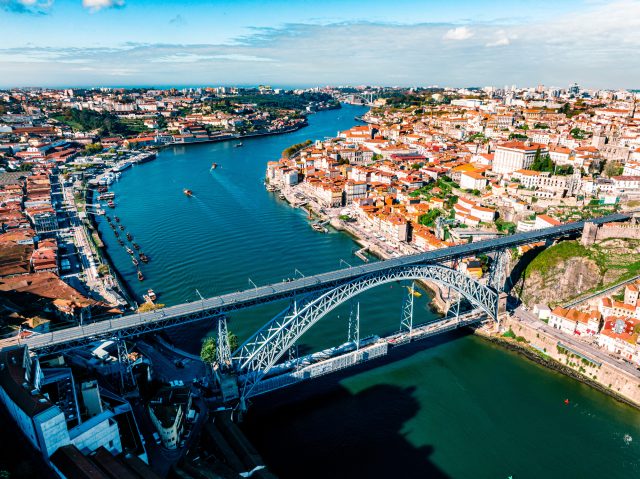
Taylor’s Port acquires Quinta do Portal
Last year, Taylor’s Port owner The Fladgate Partnership branched out into table wine with the purchase of a pan-regional Portuguese producer called Ideal Drinks.
In March, the Port maker revealed it had also snapped up 53 hectares of vineyards in the Douro, which it planned to use for the production of said table wines. Consultant winemaker Pascal Chatonnet has been brought on board to oversee Fladgate’s table wine business.
Along with these vines, Fladgate also acquired a winery, large storage facility, bottling line, and 16-room boutique hotel and a restaurant. The overall business goes by the name of Quinta do Portal.
Partner Content
Adrian Bridge, CEO of The Fladgate Partnership, told db: “This completes our move to table wine”.
The move evidences how Port producers are having to rethink their business models as demand for the fortified wine falls. Data from the Port & Douro Wine Institute (IVDP) shows an 8.7% global volume decline in total Port sales during the first six months of 2024 compared to the same period a year ago. In the UK market, traditionally a stronghold for the category, things looked grimmer still with Port volumes dropping by 45.4% in the same time frame.
However, premium Port seems to be bearing up, with a global 18.7% volume uplift for premium Port styles in the first half of 2024.
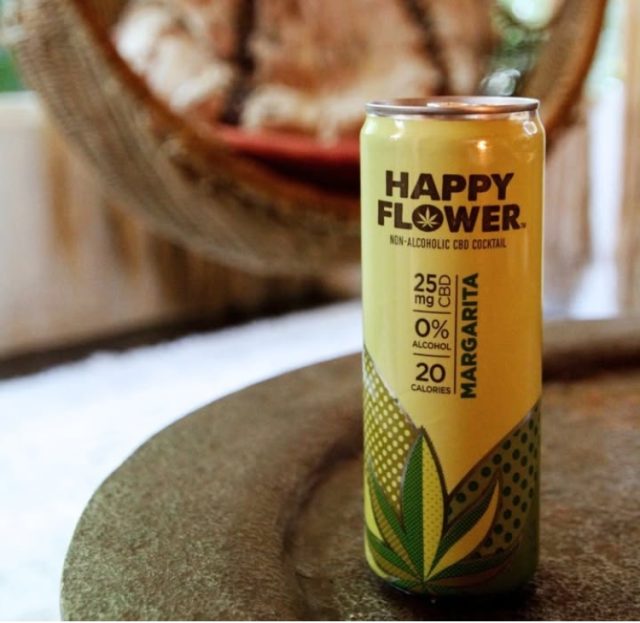
Tilray acquires Molston Coors breweries
In August, Canadian cannabis group Tilray acquired four craft breweries from Molson Coors in a deal that saw Tilray add Hop Valley Brewing Co., Terrapin Beer Co., Revolver Brewing, and Atwater Brewery to its portfolio.
The move was significant because it seemed to underscore Tilray’s intention to focus on producing alcohol-free THC and CBD beverages, which are steadily creeping up in popularity.
Tilray CEO Irwin Simon hinted that the business’s newly-acquired drinks portfolio puts Tilray in a strong position should US cannabis laws change in the future.
Last year, Tilray also bought eight beer and beverage brands from Anheuser-Busch InBev for US$85 million in cash.
“Cannabis is no longer a symbol of counterculture, but a catalyst for clean living and sober curious lifestyles,” Bailey James, managing director of drinks agency Thirst, told db in September.
“Building and activating the so-called ‘cannacurious’ community will help to move the narrative on. A growing swell of educated consumers will help raise awareness, information and accessibility – as we’ve seen in the craft beer and non-alcoholic movements”.
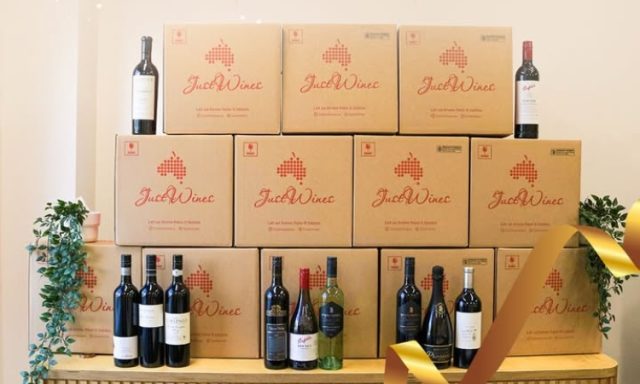
Just Wines acquires multiple Australian businesses
This one was noteworthy for the sheer speed and scale of online Australian wine retailer Just Wines’ expansion.
In August 2023 Just Wines snapped up alcohol-free drinks specialist Sans Drinks for AU$1.8 million. The narrative was that it had “rescued” the collapsed company which had appointed administrators after racking up debts of more than AU$2 million.
Eight months later in April 2024, Just Wines spotted a similar opportunity when Liquor Loot fell into administration, and wasted no time in buying the craft spirits firm for $1.2 million. At the time, Just Wines founder and managing director Nitesh Bhatia said that the purchase would “broaden our market appeal and strengthen our competitive position”, though Liquor Loot also owed a considerable sum ($2.6m) to creditors.
Three months on from the Liquor Loot acquisition, Bhatia moved again, this time to buy online craft beer store Beer Cartel. Announcing the buy-out on 8 July, Bhatia said that the most recent addition to his portfolio means the group now “covers all main liquor categories in Australia.”
Just Wines now claims to be Australia’s “second largest online wine store”, and Bhatia has said he has ambitions to increase his website’s offering to 10,000 products. To do so he plans on schmoozing boutique Australian wine producers, the kind, he says, “who may not have a website. It might just be a husband-and-wife team, but they’re unique wines you can’t find anywhere else online in the country.”
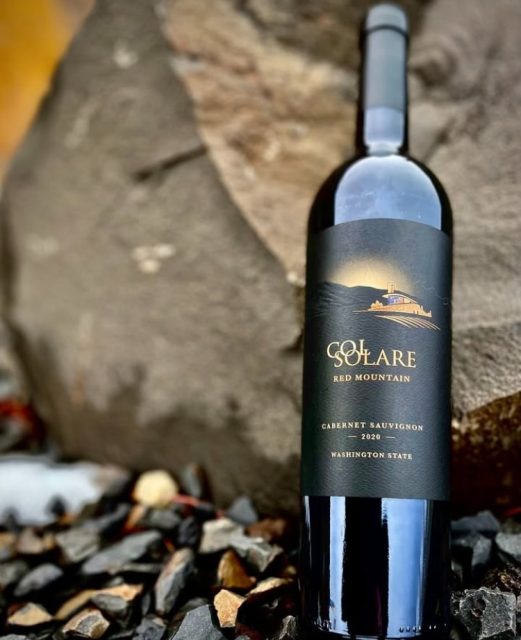
Antinori acquires full ownership of Col Solare
Marchesi Antinori, one of Italy’s oldest family-owned fine wine producers, acquired full ownership of Washington State’s Col Solare from Ste. Michelle Wine Estate (SMWE) in June.
Prior to this, Antinori already owned 50% of Col Solare, having founded the Washington winery as a joint venture with Ste. Michelle in 1995.
The purchase makes a statement about the greatly improved quality coming out of Washington, and the growing popularity of Washington wines among consumers, largely due to their comparatively low prices to Napa.
“The fact that Piero Antinori feels like this is a gem that he wants within his family, I think it speaks volumes to what Washington has done, especially as it relates to luxury wines,” said Juan Muñoz-Oca, chief operating officer of Antinori USA.
In 2023, Christina Starr, director of brand communications for Château Ste. Michelle, also told db: “this is the first year that the Col Solare wines are finally starting to get to where he [chief oenlogist Renzo Cotarella] would like them to be.
Wines from Col Solare, which is based in Washington’s Red Mountain AVA, retail at around US$80 per bottle.
Outside of Italy, Antinori also owns the Stag’s Leap Wine Cellar and Antica wineries in Napa.
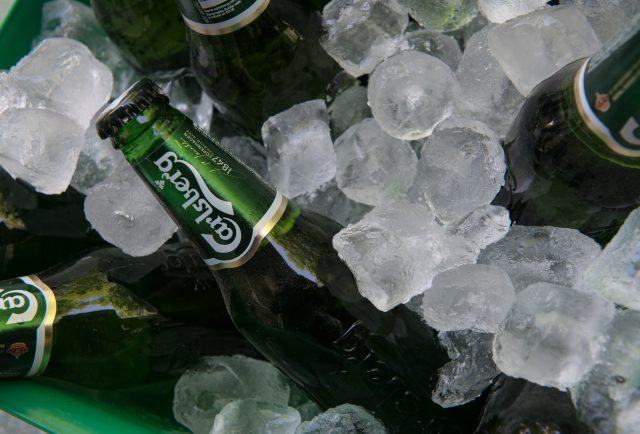
VG Invest acquires Carlsberg’s Russian business
As drinks producers continue to extricate themselves from the Russian market following Russia’s invasion of Ukraine in February 2022, one rather complicated acquisition caught our attention this year.
Carlsberg had owned Baltika Breweries in Russia since 2000. Following the invasion, the group spent about a year defending Carlsberg’s continued presence in Russia, which it said was down to wanting to protect its employees jobs there.
However, in July 2023 the Russian state seized control of Baltika against Carlsberg’s will, before demanding almost one billion dollars in damages from Carlsberg Group in 2024, claiming the brewer had undertaken “unfriendly and illegal actions”. This presumably refers to Carlsberg vocalising its desire to exit the Russia market.
Things took another turn when this month (December 2024), two senior Baltika employees established their own company and became controlling shareholders of Baltika, which reportedly has eight breweries in Russia, including one in St. Petersburg. Baltika currently produces beverages for more than 50 brands.
The two ex-employees in question are Yegor Guselnikov and Alexander Tolmachev, who together have formed new company VG Invest.
It may have finally closed the chapter for Carlsberg in Russia. However, it serves as a cautionary tale for those drinks businesses still operating in Russia to act swiftly and decisively to avoid suffering a similar fate.
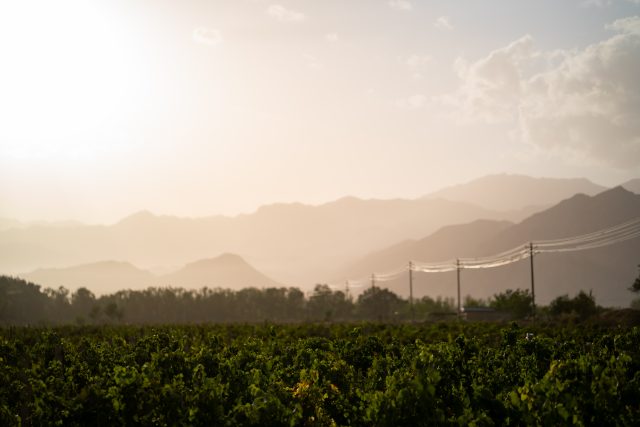
Treasury Wine Estates acquires majority stake in Stone & Moon Winery Co.
Australia’s biggest wine producer announced in December that it is buying a 75% stake in Stone & Moon Winery Co. in Ningxia, China.
The move is a significant one as it underlines the importance of China to Treasury Wine Estates (TWE), and should help to further develop the multi-country sourcing strategy of hero brand Penfolds.
In July 2023, the luxury brand released its first China-made wine, produced using grapes sourced from Chinese vineyards, to the domestic China market. The wine – a red blend featuring Cabernet Sauvignon sourced from Ningxia – is called CWT 521. The CWT is an abbreviation of Chinese Winemaking Trial.
Penfolds managing director Tom King said at the time of the wine’s release that it was the “first step” to demonstrating Penfolds’ commitment to “play a meaningful role in the development of China’s wine industry”.
Back in February, as Australian winemakers waited on the edges of their seats for China to lift its crippling tariffs on Australian wine, TWE said it was standing by to re-allocate Penfolds shipments away from other global markets.
TWE’s CEO Tim Ford said he expected China to play a key part in TWE realising “mid- to high-single-digit organic earnings before interest and taxes (EBITS) growth in 2024.”
The Stone & Moon acquisition is likely to bring TWE one step closer to its China goals.
Related news
Majestic’s bold bet on the on-trade: inside the Enotria & Coe acquisition
Campari initiates restructuring amid Courvoisier acquisition challenges




